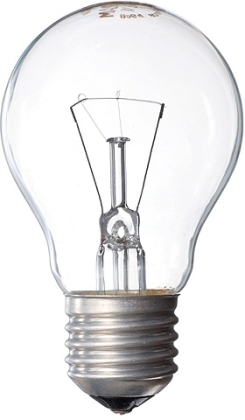Why do light bulbs ‘go’?

Every homeowner knows the stress of having a bulb pop and blow out a circuit, or else burn out quickly. It can sometimes feel that one light fixture in your home gets through ten times the amount of light bulbs that other fixtures do.
It might be the commonly blamed ‘faulty wiring’, but it could just as easily be something else that’s easy to fix.
Screwing In Lightbulbs Too Tightly
When you screw a light bulb into a socket, you are completing an electrical circuit. The bulb’s circuitry connects with the socket circuitry, allowing energy to flow into the bulb and light your home. However, screwing the light bulb into a socket too tightly can make the socket less efficient. There’s a metal tab in the centre of the socket, which has to make adequate connection with the bottom of the bulb. If you over-tighten a bulb, it bends the spring back and creates a small electrical arc. This shortens the bulb’s life.
Too Much Vibration
If the light bulb that keeps going off is under a high-traffic area, like under a child’s bedroom or by a ceiling fan, you may have found your culprit. Vibrations break the fragile filaments found inside incandescent light bulbs and cause the fragile electronic parts inside CFLs to separate. It might be worth getting a hardier bulb.
High Voltage
Although most homes in the UK are assumed to have 230v electricity supplying them, overvoltage can be a common problem. The legal limit is 230v plus or minus 6%, but light bulbs especially can be sensitive to the large amount of power pulsing through them, and burn out fast. If you suspect it is shortening the life of your current bulbs, and that your voltage could be over the legal limit, speak to a professional.
Rapid Switching On And Off
This is only really a problem for CFL bulbs. They have electrodes inside them which degrade a little every time they are turned on, shortening their lifespan. Although CFLs are meant to last for 10,000 hours, rapid switching on and off can shorten them by 6000 hours.
If you’ve looked at all of your options, though, and are still finding that you’re getting through too many bulbs, it really could be loose wiring that’s causing your problems. Ask an electrician to take a look, and see if your problem can be mended.
Created by Steve Ellwood on 15th September, 2017
Author
 | Steve EllwoodQualified as an Electrician, founder of BLT Direct |



